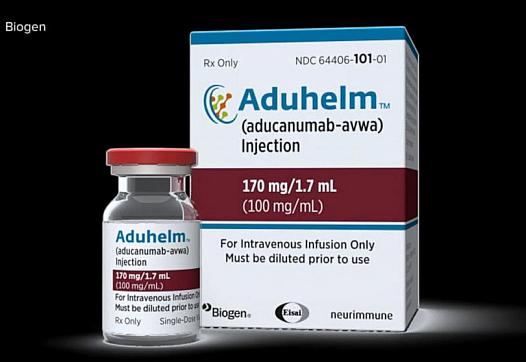
Aducanumab is the first new drug approved to treat Alzheimer’s disease in nearly 20 years. But some in the medical community were stunned by the approval.

Aducanumab is the first new drug approved to treat Alzheimer’s disease in nearly 20 years. But some in the medical community were stunned by the approval.
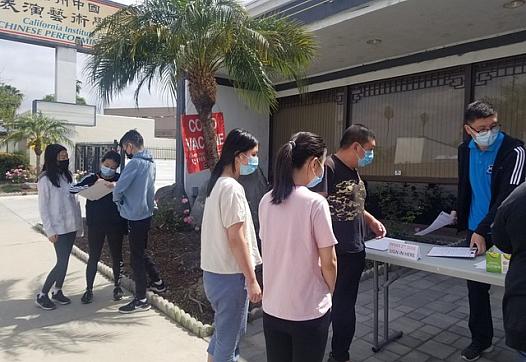
This story was written by SweSwe Aye while participating in the USC Annenberg Center for Health Journalism's 2021 California Fellowship.
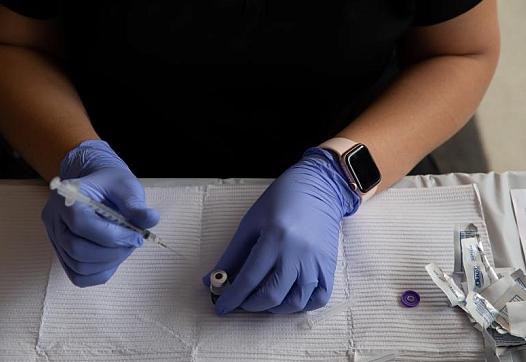
The public health message so far has been loud and clear: Vaccines are highly effective against COVID-19 — even more so if you focus on hospitalizations and deaths. Yet a worsening delta surge has cast a growing spotlight on breakthrough infections and the risks they pose to people with compromised
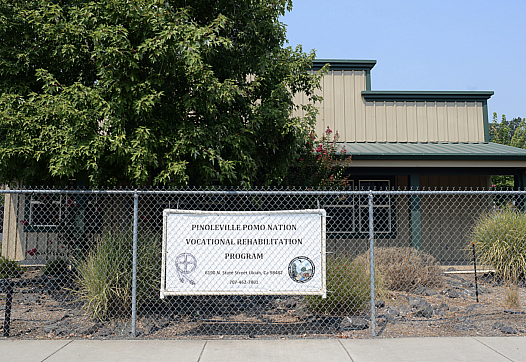
Dana Ullman is reporting on health-related stories for The Mendocino Voice with support from the USC Annenberg Center for Health Journalism. This article was produced as a series for the 2021 Center for Health Journalism California Fellowship.
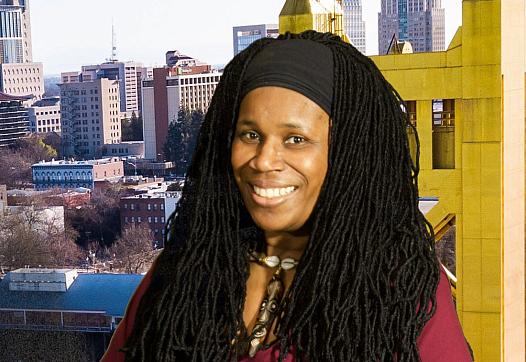
African American are resilient, but enough is enough, says Observer senior staff writer.
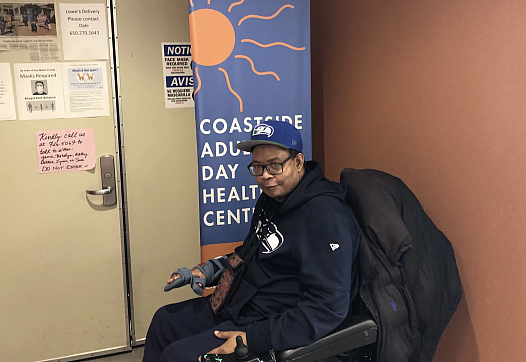
A pilot program with San Mateo County’s public health plan aims to stop the revolving door between the emergency room, nursing home and street.
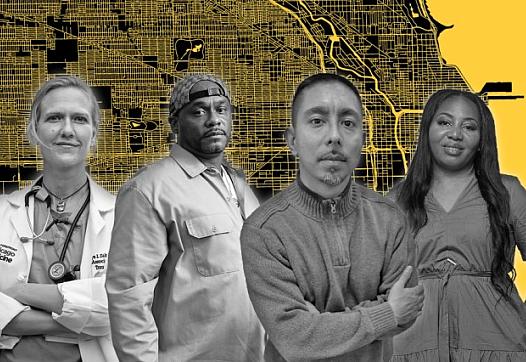
Shooting survivors face physical and psychological recovery, often with little to no help. Could reallocating resources bring healing?
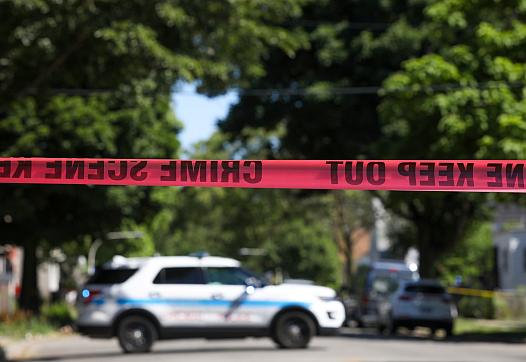
For every person killed from gun violence in Chicago, five are shot and survive. Those victims — about 30,000 in the last 10 years — are marked for life, and their road to recovery is often one with little to no resources.
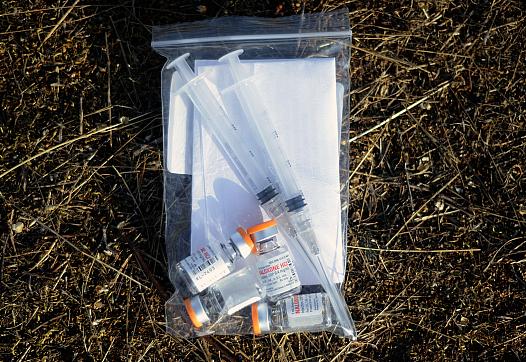
Dana Ullman is reporting on health-related stories for The Mendocino Voice with support from the USC Annenberg Center for Health Journalism. This article was produced as a series for the 2021 Center for Health Journalism California Fellowship....
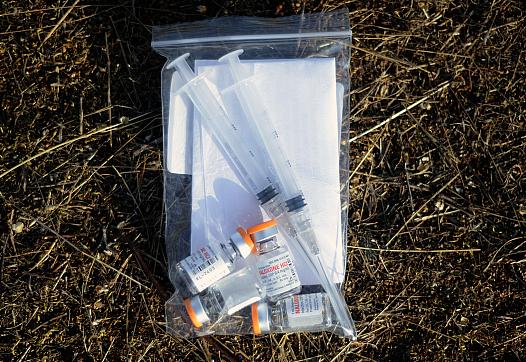
We put together this resource guide as part of our series on substance abuse treatment programs in Mendocino County.